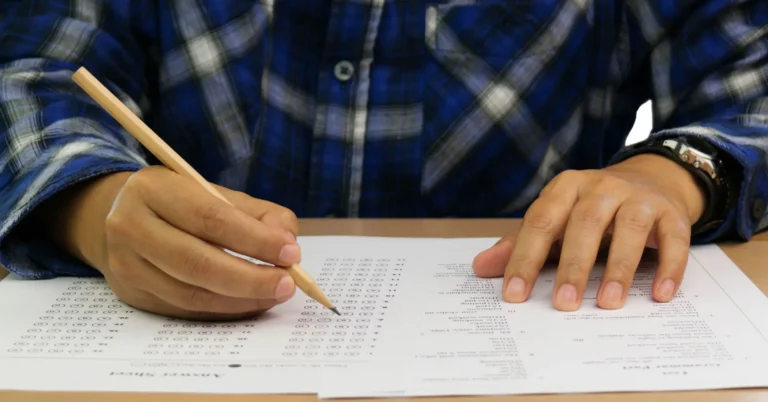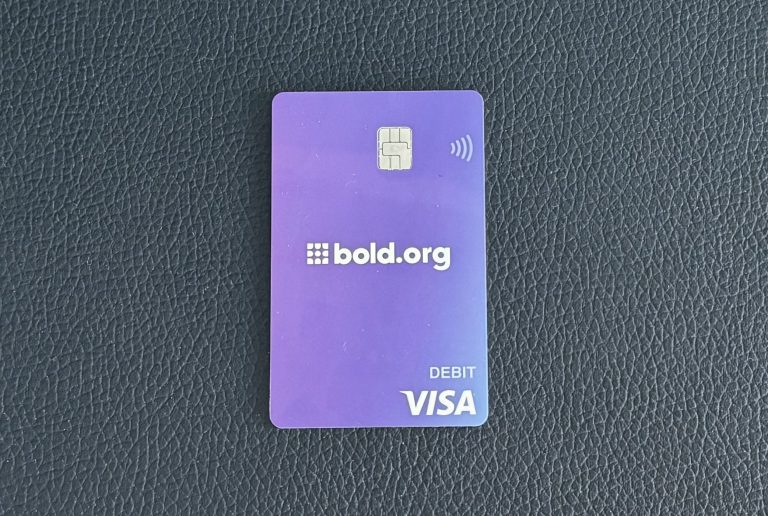The phrase “my brother’s keeper” comes from the Bible and is commonly used to express broad moral responsibility toward others. It means being accountable for the well-being of others, especially those close to us. However, the original context is far more complex and dramatic.
In this article, we’ll explain the meaning of “my brother’s keeper,” where it comes from, and how it applies today.
The Origin of “My Brother’s Keeper” in the Bible
The my brother’s keeper meaning is rooted in the story of Cain and Abel in Genesis 4:1–16. Cain and Abel were sons of Adam and Eve. Cain was a farmer and Abel was a shepherd. Both brought offerings to God, but only Abel’s was accepted.
Out of jealousy and anger, Cain killed Abel. When God asked where Abel was, Cain replied:
“I do not know: Am I my brother’s keeper?” (Genesis 4:9, KJV)
Cain’s question wasn’t genuine, it was more of a way to dodge guilt. God already knew the truth. As punishment, Cain was cursed to be a wanderer, alienated from his family and unable to farm as he once did.
Biblical Meaning of “My Brother’s Keeper”
Cain’s question, “Am I my brother’s keeper?”, was his way of saying he didn’t think it was his job to care about his brother. He was trying to avoid blame. But the story makes it clear: we are responsible for each other.
In Hebrew, the word “keeper” comes from shomer, which means to guard, protect, or watch over. So when Cain asks if he’s his brother’s keeper, he’s really asking, “Is it my job to protect him?”
The answer is yes. Being a “keeper” means looking out for others. Not just keeping them safe, but also caring about how they’re doing.
What Happened to Cain After Killing Abel?
After Cain killed his brother, God gave him a punishment that fit what he had done. Cain was cut off from others in every way: physically, emotionally, and socially. He was alone.
This part of the story shows something we still see today. When people hurt others or only think about themselves, it can lead to being alone and losing the trust of those around them.
My Brother’s Keeper Meaning Today
Today, people use “my brother’s keeper” to express the idea of looking after others. Not just family, but also friends, neighbors, and even strangers.
Being your brother’s keeper means:
- Taking responsibility when others are in need
- Standing up for those who can’t speak for themselves
- Acting with empathy and compassion
The phrase also reminds us of the consequences of turning our backs on others.
Altruism, Responsibility, and Human Connection
There’s a reason people still use this phrase after so many years. Taking care of others isn’t just the right thing to do, but it’s part of how we survive and grow. Studies show that helping others makes us feel good because it activates the “reward” part of our brains.
Long ago, people stayed safe by working together and sharing responsibility. That’s still true today. When we care for each other, it makes families, friendships, and communities stronger.
TLDR: What Is the Meaning of “My Brother’s Keeper”?
To sum it up, the my brother’s keeper meaning is about moral and personal responsibility. It asks us to consider whether we’re willing to look out for others, and shows what happens when we don’t.
Our Editorial Team, with a rich background in educational content creation, prioritizes accuracy and quality in every article. We are committed to producing expert content tailored to meet the academic needs of college and high school students, ensuring they receive well-researched and trustworthy information for their educational journey.







